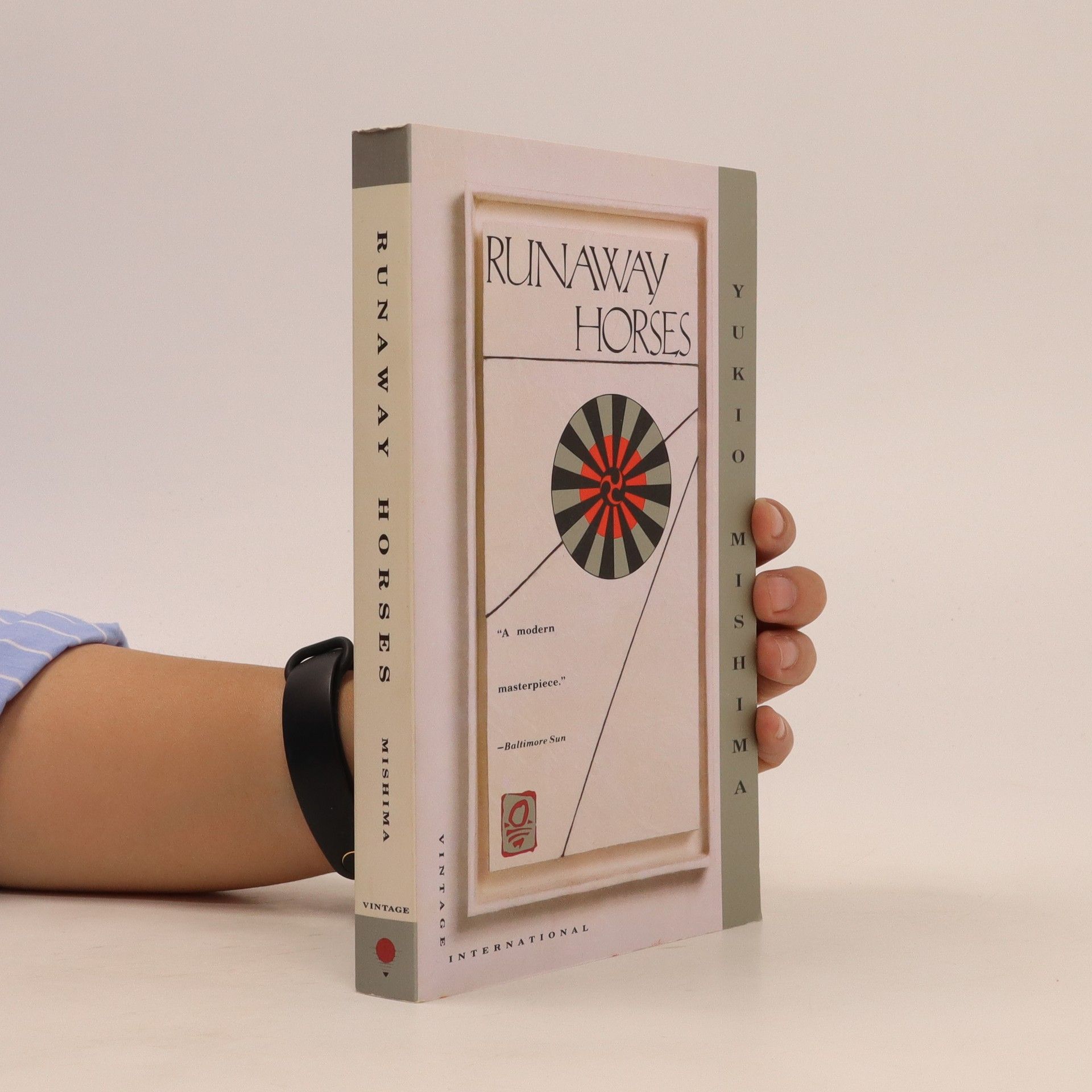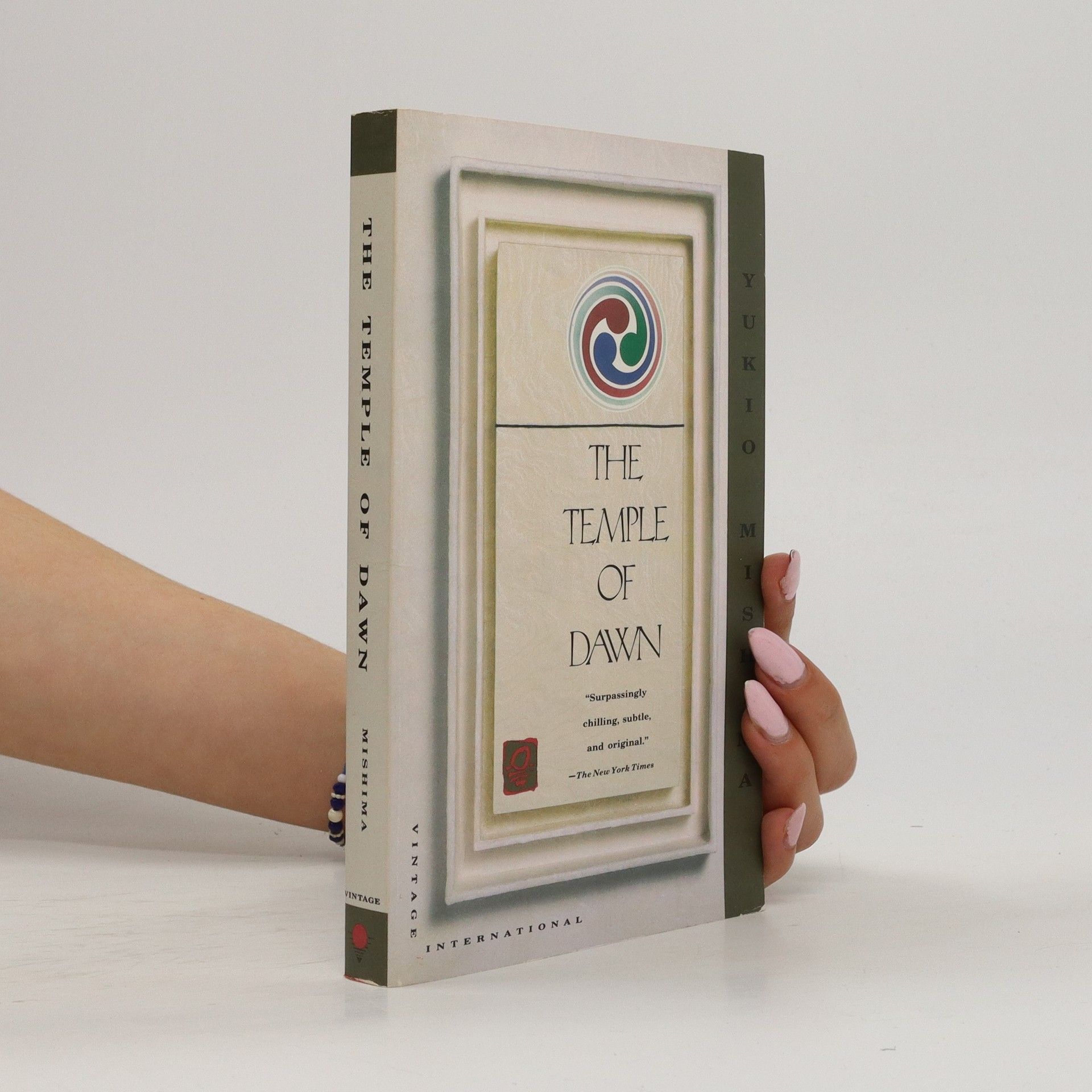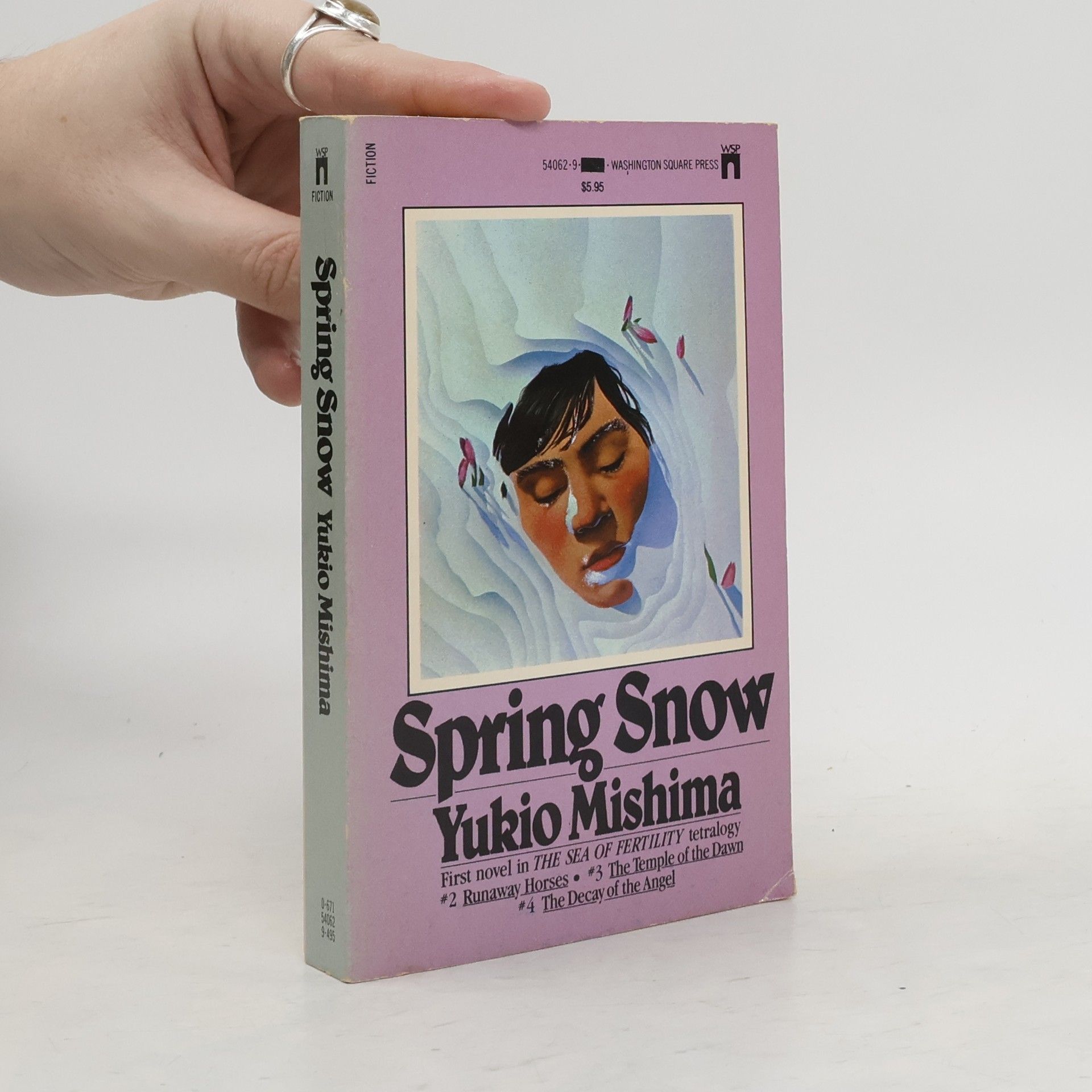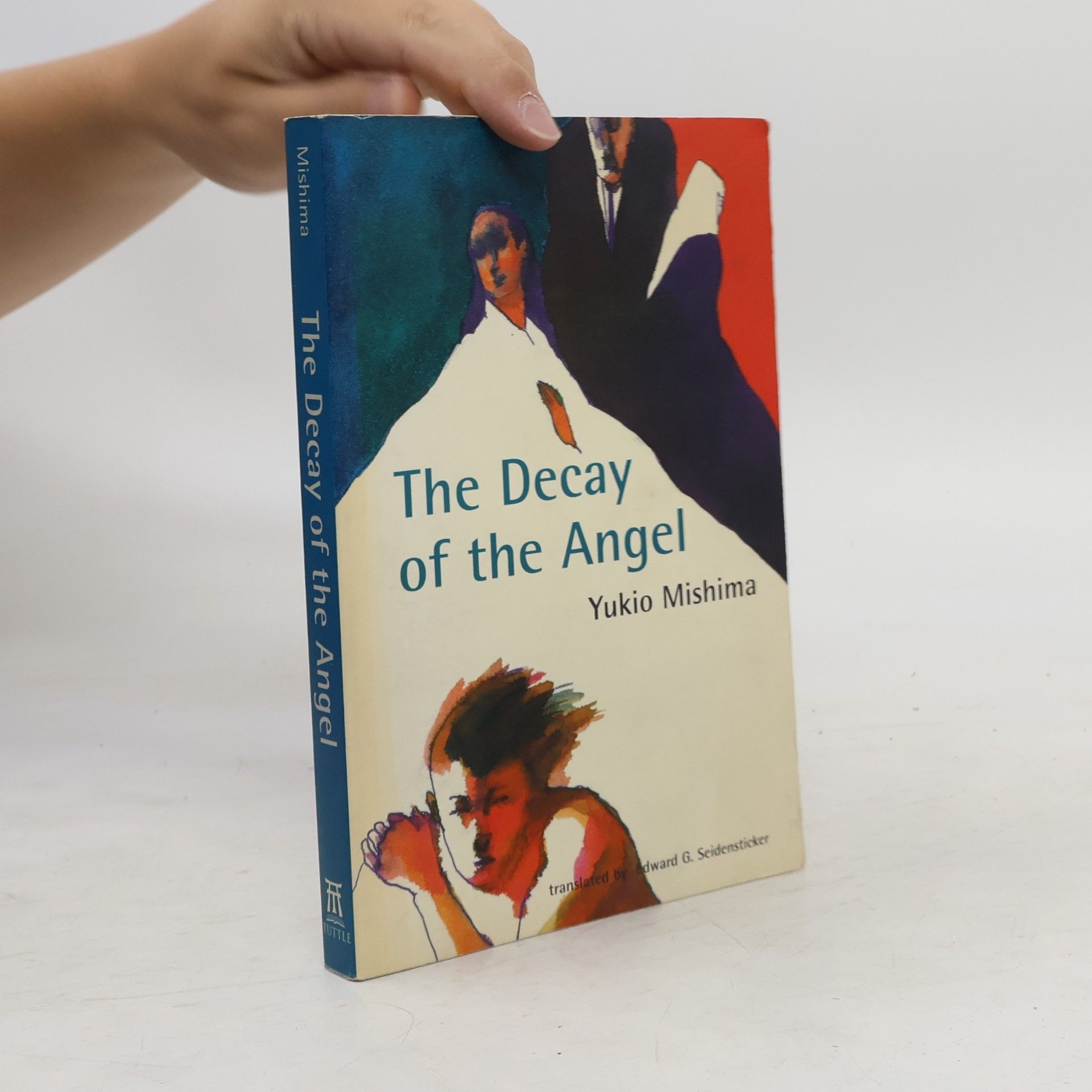The first novel of Mishima's landmark tetralogy, The Sea of fertility Spring Snow is set in Tokyo in 1912, when the hermetic world of the ancient aristocracy is being breached for the first time by outsiders -- rich provincial families unburdened by tradition, whose money and vitality make them formidable contenders for social and political power. Among this rising new elite are the ambitious Matsugae, whose son has been raised in a family of the waning aristocracy, the elegant and attenuated Ayakura. Coming of age, he is caught up in the tensions between old and new -- fiercely loving and hating the exquisite, spirited Ayakura Satoko. He suffers in psychic paralysis until the shock of her engagement to a royal prince shows him the magnitude of his passion, and leads to a love affair that is as doomed as it was inevitable.
Il mare della fertilitàSerie
Questa epica tetralogia, l'opera finale di Mishima, approfondisce temi come la reincarnazione, il karma e la natura effimera della vita. Segue il viaggio di un personaggio centrale attraverso diversi decenni, dall'inizio del XX secolo fino ai suoi ultimi anni. La serie esplora gli sforzi umani per evitare destini prestabiliti, scoprendo al contempo profonde intuizioni psicologiche sulla natura umana e sulla spiritualità. Offre un esame avvincente dei modelli ciclici dell'esistenza e della tragedia intrinseca alle connessioni umane.




Ordine di lettura consigliato
- 1
- 2
Yukio Mishima’s Runaway Horses is the second novel in his masterful tetralogy, The Sea of Fertility. Again we encounter Shigekuni Honda, who narrates this epic tale of what he believes are the successive reincarnations of his childhood friend Kiyoaki Matsugae. In 1932, Shigeuki Honda has become a judge in Osaka. Convinced that a young rightist revolutionary, Isao, is the reincarnation of his friend Kiyoaki, Honda commits himself to saving the youth from an untimely death. Isao, driven to patriotic fanaticism by a father who instilled in him the ethos of the ancient samurai, organizes a violent plot against the new industrialists who he believes are usurping the Emperor’s rightful power and threatening the very integrity of the nation. Runaway Horses is the chronicle of a conspiracy — a novel about the roots and nature of Japanese fanaticism in the years that led to war.
- 3
The third novel in the masterful tetralogy, The Sea of Fertility, in which a brilliant lawyer will go to nearly any length to discover whether a young Thai princess is in fact the reincarnated spirit of his childhood friend. • “Surpassingly chilling, subtle, and original.” —The New York Times Here, Shigekuni Honda continues his pursuit of the successive reincarnations of Kiyoaki Matsugae, his childhood friend. Travelling in Thailand in the early 1940s, Shigekuni Honda, now a brilliant lawyer, is granted an audience with a young Thai princess—an encounter that radically alters the course of his life. In spite of all reason, he is convinced she is the reincarnated spirit of his friend Kiyoaki. As Honda goes to great lengths to discover for certain if his theory is correct, The Temple of Dawn becomes the story of one man’s obsessive pursuit of a beautiful woman and his equally passionate search for enlightenment.
- 4
As the dramatic climax of The Sea of Fertility, 'The Decay of the Angel' brings together the dominant themes of the three previous novels- the meaning and decay of Japan's courtly tradition and samurai ideal; the essence and value of Buddhist philosophy and aesthetics; and, underlying all, Mishima's apocalyptic vision of the modern era, which saw the dissolution of the moral and cultural forces that throughout the ages nourished a people and a world. The time is the late 1960s. Honda, now an aged and wealthy man, discovers and adopts a sixteen-year-old orphan, Toru, as his heir, identifying him with the tragic protagonists of the three previous novels, each of whom died at the age of twenty. Honda raises and educates the boy, yet watches him, waiting.